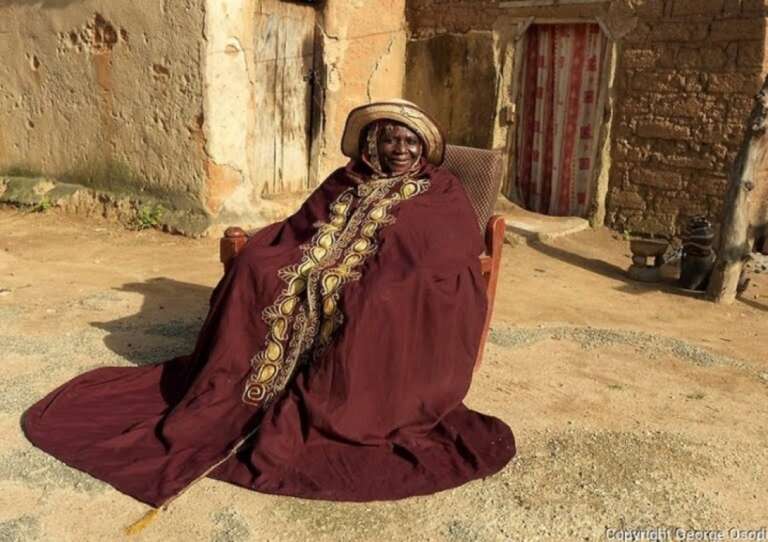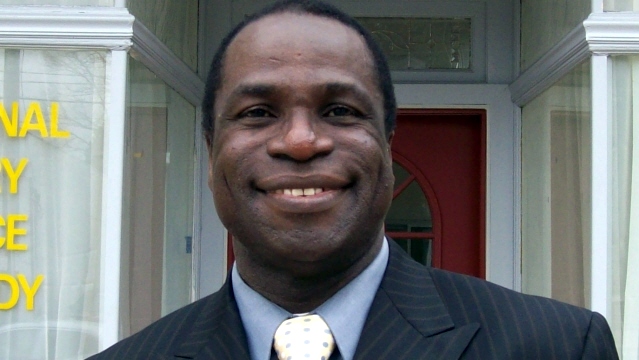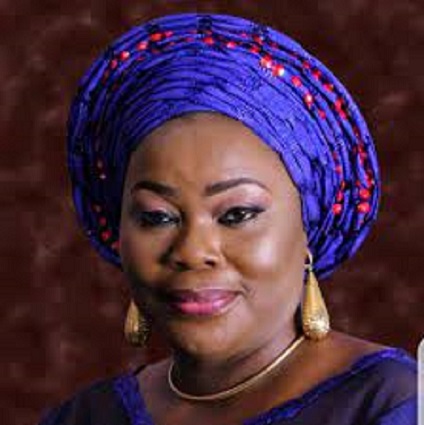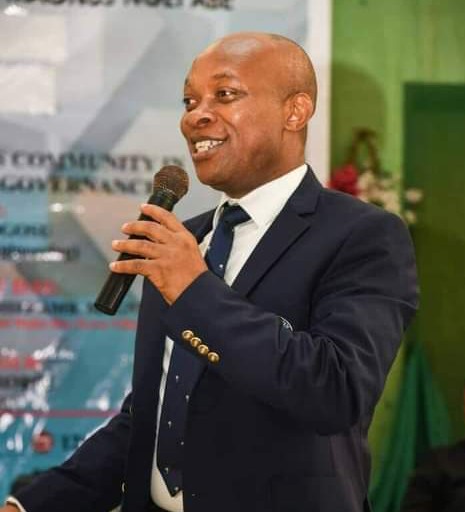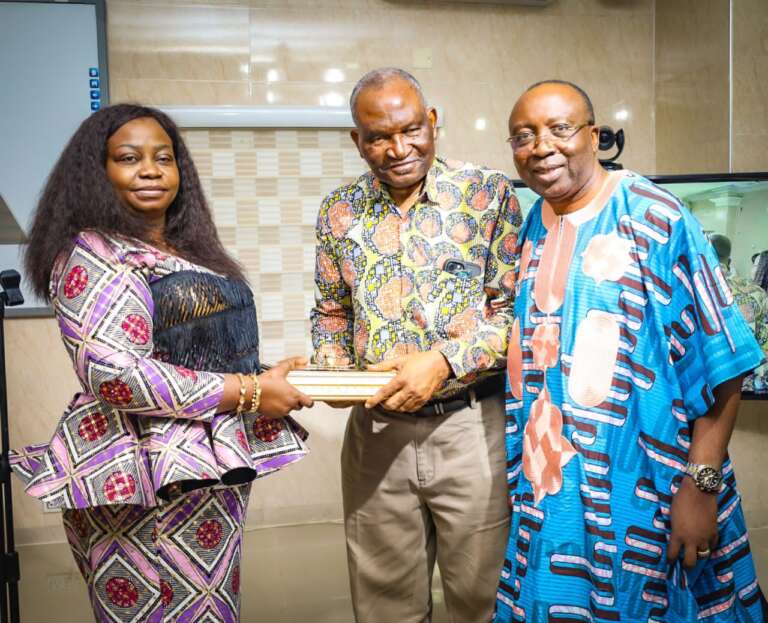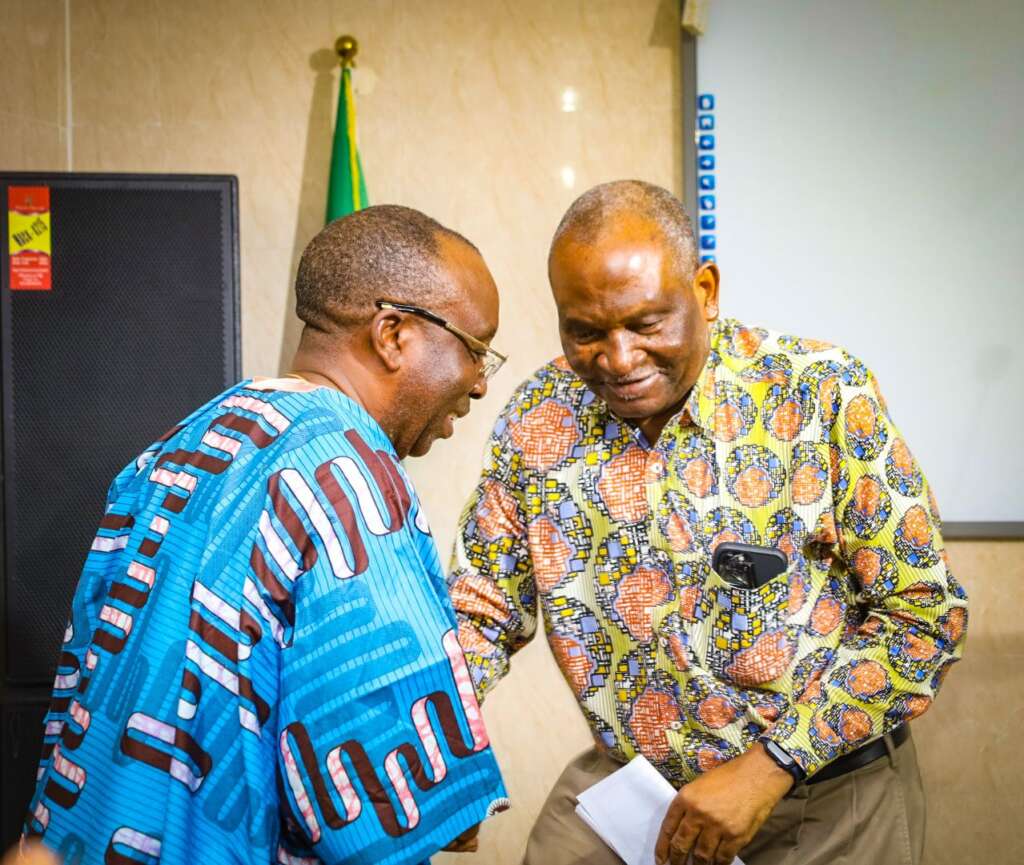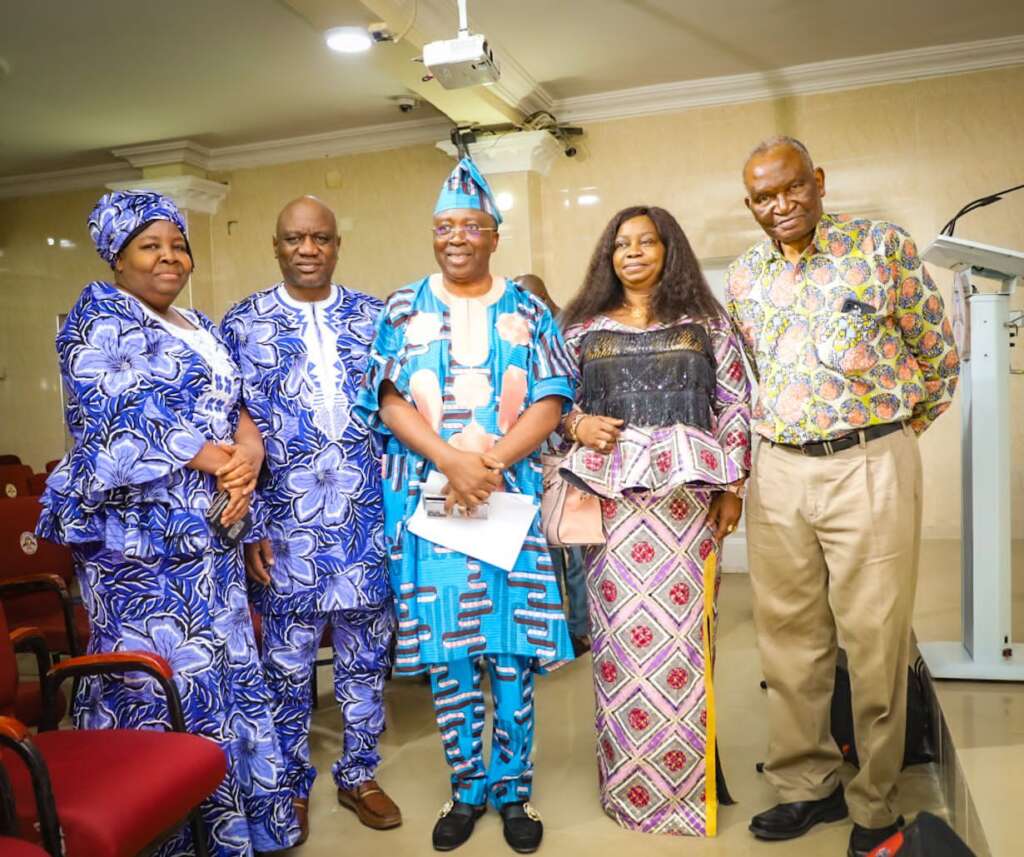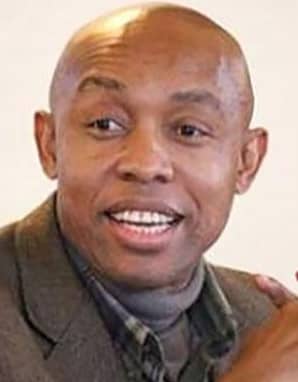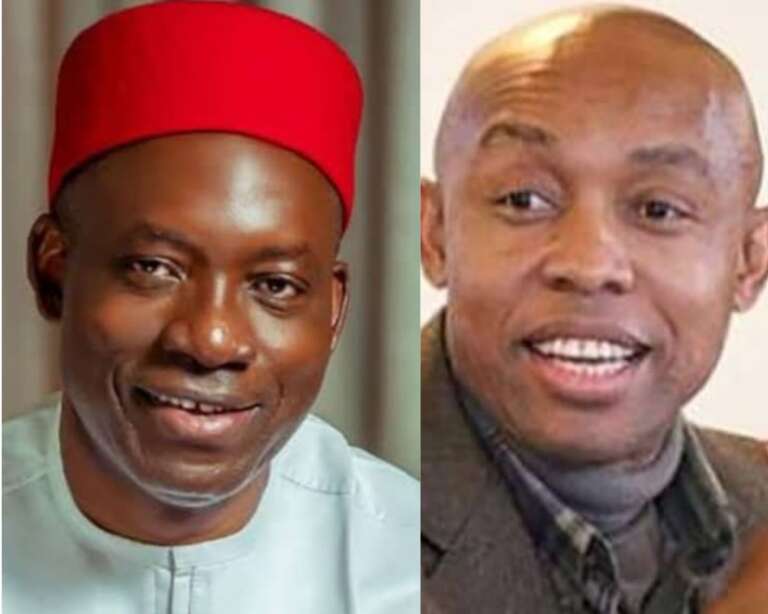- Read what the abrogated sections said.
- Download the full version of CAMA 2020.
By Eke Ojim
The question of whether some sections of the Companies and Allied Matters Act (CAMA), 2020 violate the rights to freedom of association and religion of citizens has finally been determined with an Abuja Federal High Court, Abuja, holding in the affirmative.
Nullifying the contentious provisions of CAMA, 2020, Hon. Justice James Omotosho who held that some sections indeed infringe on the fundamental human rights of Nigerians and are therefore inconsistent with the country’s Constitution went ahead to strike out the troublesome sections.
The annulled sections are — 839, 842, 843, 844, 845, 846, 847, and 848 of CAMA, 2020.
According to the News Agency of Nigeria (NAN), Emmanuel Ekpenyong, an Abuja-based lawyer, in suit no. FHC/ABJ/CS/1076/2020, sued the National Assembly, Corporate Affairs Commission (CAC), and the Attorney-General for the Federation (AGF) as 1st to 3rd defendants respectively.
In the originating summons dated and filed on 31 August 2020, the lawyer prayed the court to determine whether he had the locus standi to institute the proceeding.
“Whether the provisions of Sections 839, 842, 843, 844, 845, 846, 847, 848 and 851 of the Companies and Allied Matters Act infringes on the plaintiff’s right to thought conscience, and religion as enshrined in Section 38 of the 1999 Constitution (as amended).”
Ekpenyong urged the court to further determine whether those sections infringed on his freedom of peaceful assembly and association as enshrined in section 40 of the 1999 Constitution.
He equally prayed the court to determine whether the provisions on the Administrative Proceeding Committee in section 851 of CAMA, 2020 were inconsistent with the provisions of Section (6)(6)(b) and Sections 36(1) and 251(1) (e) of the 1999 Constitution.
Again he asked the court to determine whether it had powers to grant mandatory injunctive reliefs against the defendants and that it should void the affected sections, having infringed on his fundamental human rights if his prayers are found to have merit.
In his judgment, Justice Omotosho first held that under Article 3 (e) of the Preamble to the Fundamental Rights (Enforcement Procedure) Rules, anyone could bring fundamental human rights matters in his own interest, on behalf of another person, or even in public interest.
Omotosho in the judgment delivered on Tuesday and which was obtained on Friday by NAN said that under the new human rights regime, a court shall not dismiss a human rights action for mere want of locus standi.
Similarly, he held that the powers granted to CAC to regulate and administer Incorporated Trustees in Nigeria under Sections 839, 842, 843, 844, Section 845, Section 846, Section 847, Section 848 of the CAMA 2020 had infringed on Ekpenyong’s right to freedom of thoughts.
Moreover, His Lordship held that the sections infringed on the conscience and religion as enshrined under Section 38 of the constitution and freedom of peaceful assembly and association enshrined under Section 40 of the constitution and are therefore null and void.
Likewise, he held that the provisions of the Administrative Proceedings Committee in Section 851 of the new CAMA denied the plaintiff his constitutional rights of access to court in sections 6 (6) (b) and Section 36 (1) of the constitution and also usurped the powers of the Federal High Court under Section 251 (1) (e) of the constitution.
Consequently, Justice Omotosho struck down Sections 839, 842, 843, 844, 845, 846, 847, 848, and Section 851 of the CAMA 2020, declaring same to be null and void, having been inconsistent with the provisions of the constitution.
He, however, conceded that since the legal practitioner did not serve the National Assembly with a pre-action notice in line with Section 21 of the Legislative Houses Power and Privileges Act, the suit was incompetent against them.
In its defence, CAC in a counter affidavit filed on 20 January 2021 by its counsel, Olasoji Olowolafe described the suit as “an abuse of judicial process”, an academic exercise of no utilitarian value to the plaintiff.
The National Assembly, in its preliminary objection, also contended that the suit was incompetent because a pre-action notice was not served on them and that the plaintiff had no locus standi.
Meanwhile, the Attorney General of the Federation (AGF) maintained that the suit does not have a reasonable cause of action, while also insisting that the plaintiff lacked locus to file the matter.
NAN had, on March 21, reported that Justice Inyang Ekwo of a sister court had restrained the CAC from suspending or appointing trustees of the Christian Association of Nigeria (CAN) and the churches.
Justice Ekwo, in that judgment in a suit filed by the Registered Trustees of CAN, held that the provisions of Sections 17 (1), 839 (1) and (7) (a), 842 (1), and (2), 851 and 854 of the Companies and Allied Matters Act (CAMA), 2020 and Regulations 28, 29 and 30 of the Companies Regulations (CR), 2021 were not applicable to CAN, the churches and other religious body.
Here are details of what some of the abrogated sections said:
Section 839 (1) empowers the Commission to suspend trustees of an association and appoint interim managers to manage the affairs of the association where it reasonably believes that-
(a) There is or has been misconduct, mismanagement in the administration of the association;
(b) it is necessary or desirable for the purpose of—
(i) protecting the property of the association,
(ii) securing a proper application for the property of the association towards achieving the objects of the association, the purposes of the association of that property or of the property coming to the association,
(iii) public interest; or
(c) the affairs of the association are being run fraudulently.
(2) The trustees shall be suspended by an order of Court upon the petition of the Commission or members consisting one-fifth of the association and the petitioners shall present all reasonable evidence or such evidence as requested by the Court in respect of the petition.
(3) Upon the hearing of the petition and the appointment of the interim manager, the Court, with the assistance of the Commission, may make provision with respect to the functions to be performed by the interim manager or managers appointed by the order—
(a) the powers and duties of the interim manager or managers which may include the powers and duties of the trustees of the association concerned; and
(b) any power or duty specified under paragraph (a) to be exercisable or discharged by the interim manager or managers to the exclusion of the trustees.
(4) The functions shall be performed by the interim manager or managers under the supervision of the Commission.
(5) The reference in subsection (1) to misconduct or mismanagement extends to the employment for—
(a) the remuneration or reward of persons acting in the affairs of the association, or
(b) other administrative purposes, of sums which are excessive in relation to the property which is or is likely to be applied or applicable for the purposes of the association.
(6) A court of competent jurisdiction may, upon the petition of the Commission or members of the association—
(a) order or suspend any person, officer, agent or employee of the association from office or employment, provided that such suspension does not exceed 12 months from the date of the order or suspension;
(b) by order appoint such number of additional trustees as it considers necessary for the proper administration of the association ;
(c) by order—
(i) vest any property held by or in trust for the association in the official custodian, who shall be a person so designated by the court from time to time;
(ii) require the persons in whom any such property is vested to transfer it to the official custodian who will be an individual as the court may, from time to time designate, or
(iii) appoint any person to transfer any such property to the official custodian ;
(d) order any person who holds any property on behalf of the association, or of any trustee for it, not to part with the property without the approval of the Court ;
(e) order any debtor of the association not to make any payment in or towards the discharge of the debtor’s liability directly to the association but to make such payment into an interest yielding account held by the Commission for the benefit of the association ;
(f ) by order restrict (regardless of anything in the trusts of the association) the transactions which may be entered into, or the nature or amount of the payments which may be made, in the administration of the association without the approval of the court; or
(g) by order appoint an interim manager to act as receiver and manager in respect of the property and affairs of the association.
(7) Where, at any time after the Commission has made an enquiry into the affairs of the association, it is satisfied as to the matters mentioned in subsection
(1), it may suspend or remove—
(a) any trustee who has been responsible for or privy to the misconduct or mismanagement or whose conduct contributed to or facilitated it;
(b) by order of the Court, establish a scheme for the administration of the association.
(8) The court may by order replace a trustee removed under subsection (7).
(9) A person who contravenes an order under subsection (6) (d), (e) and (f ) commits an offence and is liable on conviction to fine as the Court deems fit or imprisonment for a term of 6 months or to both.
(10) The Commission may make regulations in respect of—
(a) the functions, powers and remuneration of the interim manager and the manner in which the interim manager shall make reports to the Commission ; and
(b) making reports to the Commission, and such other things as may be necessary for the effective administration of the association during the period of its interim administration.
(11) The Commission shall only exercise its power under this section in respect of any association with the approval of the Minister.
842. (1) Where a bank holds one or more accounts in the name of or on behalf of the incorporated trustees of a particular association, and the account, or, if it holds two or more accounts, and each of the accounts is dormant (as defined under the relevant banking regulation), the bank shall without delay notify the Commission of these facts.
(2) Where the Commission receives a notice under subsection (1), the Commission may request that the association provide evidence of its activities, and where the association fails to respond satisfactorily within 15 days of the request, the Commission may dissolve the association in accordance with section 850, and where an association is so dissolved, the Commission may give a direction to the bank concerned to transfer—
(a) the amount, or, as the case may be, the aggregate amount, standing to the credit of the relevant association in the account or accounts in question to such other association as is specified in the direction in accordance with subsection (3) of this section to the bank; or
(b) to each of two or more other associations so specified in the direction, such part of that amount or aggregate amount as is there specified in relation to that association.
(3) The provisions of subsection (2) shall also apply where the Commission is unable, after making reasonable inquiries, to locate an association registered under this Act or any of its trustees.
(4) The Commission may specify in a direction under subsection (2) such other association or charity as it considers appropriate, having regard to the purposes of that association or charity: Provided that before any association may be so specified by the Commission, the trustees of such an association shall, by a written memorandum to the Commission, indicate its willingness to accept such amount to be transferred to it.
(5) Any amount received by an association by virtue of this section is to be received by the association on terms that—
(a) it is to be held and applied by the association for the purposes of the association;
(b) as property of the association, it is nevertheless subject to any restrictions on expenditure to which it was subject as property of the relevant association; and
(c) the receipt of a trustee for an association in respect of any amount received from a relevant bank by virtue of this section is a complete discharge of the bank in respect of that amount.
(6) The Commission shall only exercise its power under this section in respect of any association with the approval of the Minister.
Download a full version of CAMA 2020
CAMA-NOTE-BOOK-FULL-VERSION

